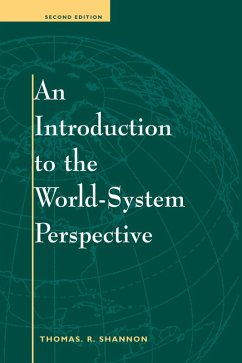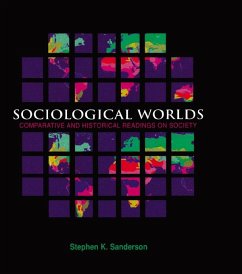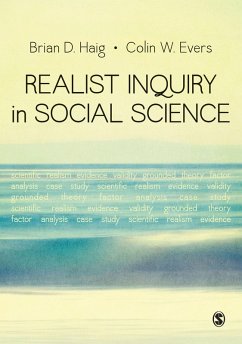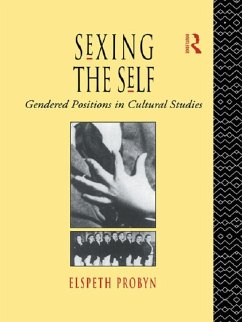
Multi-level Methodology and Multi-world Ontology: A Core Architecture of Realist Social Theory (eBook, ePUB)
Sofort per Download lieferbar
13,99 €
inkl. MwSt.

PAYBACK Punkte
0 °P sammeln!
Seminar paper from the year 1999 in the subject Sociology - General and Theoretical Directions, grade: 1,0 (A), Johannes Gutenberg University Mainz (Institute for Sociology), course: Seminar: Margaret Archers contribution to modern sociological theory building, language: English, abstract: Abstract: The central problem of social theorizing lies in the relations or mediations between system (in particular, structure and function), agency (particularly,action and subject) and time (in particular, history and process). Historically, these problems can be grouped in what I call the four micro-macr...
Seminar paper from the year 1999 in the subject Sociology - General and Theoretical Directions, grade: 1,0 (A), Johannes Gutenberg University Mainz (Institute for Sociology), course: Seminar: Margaret Archers contribution to modern sociological theory building, language: English, abstract: Abstract: The central problem of social theorizing lies in the relations or mediations between system (in particular, structure and function), agency (particularly,action and subject) and time (in particular, history and process). Historically, these problems can be grouped in what I call the four micro-macro problems. In this paper, I show that Margaret Archer's "morphogenetic approach" can be seen as an attempt to simultaneously address these four micro-macro problems. Reconstructing a core architecture of Archer's model of sociological explanation, the "analytical dualism," I argue that this is a marriage of a two-level methodology based upon the distinction structure/interaction and a three-world ontology based on Karl Popper's metaphysics. As such, Archer's social theory shares a basic feature with Jürgen Habermas's "theory of communicative action," Bernhard Giesen's "evolution-theoretical model," and Manfred Hennen's and Elisabeth Springer's "basic schema of action theories." By pointing that out, I propose a hypothesis that a solution for the four-fold micro-macro problem would be a construct combining a multi-world ontology that allows the possibility of emergence in social reality and a multi-level methodology that provides a linkage between the different levels of social life. [...]
Dieser Download kann aus rechtlichen Gründen nur mit Rechnungsadresse in A, B, BG, CY, CZ, D, DK, EW, E, FIN, F, GR, HR, H, IRL, I, LT, L, LR, M, NL, PL, P, R, S, SLO, SK ausgeliefert werden.













